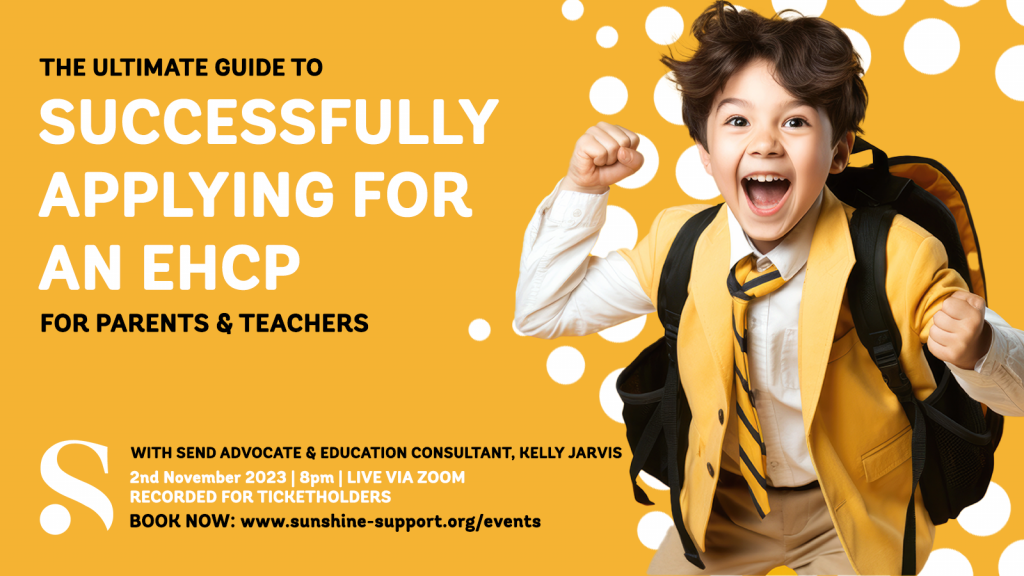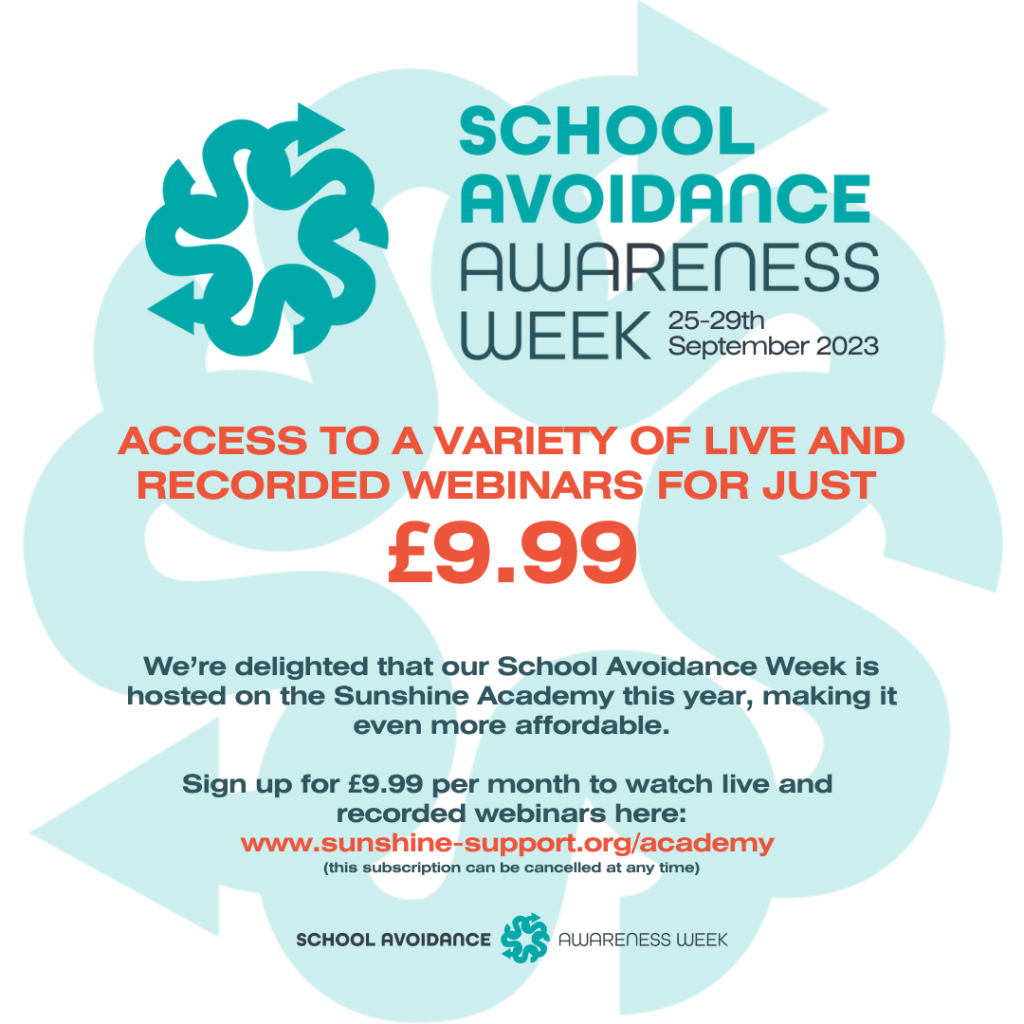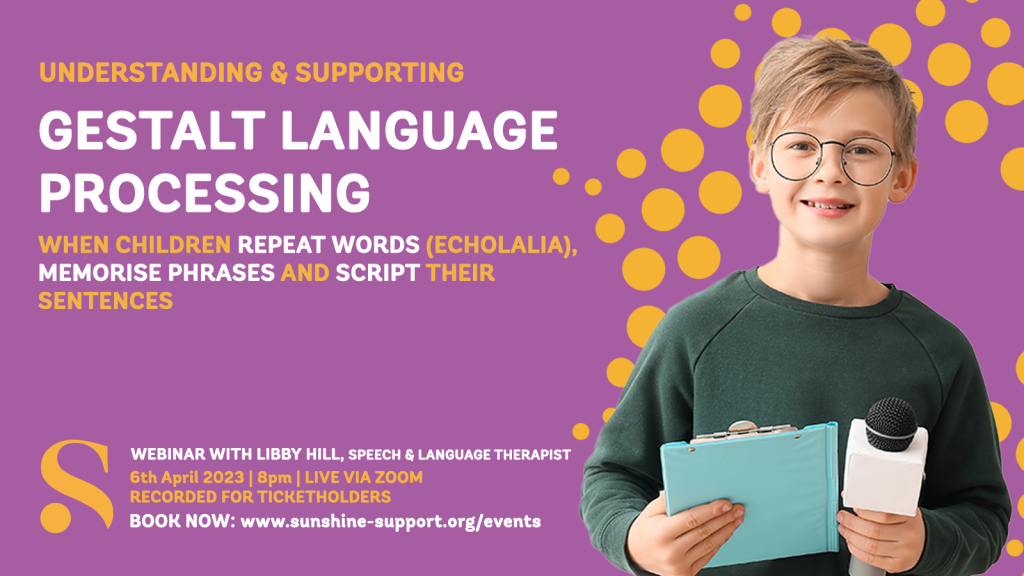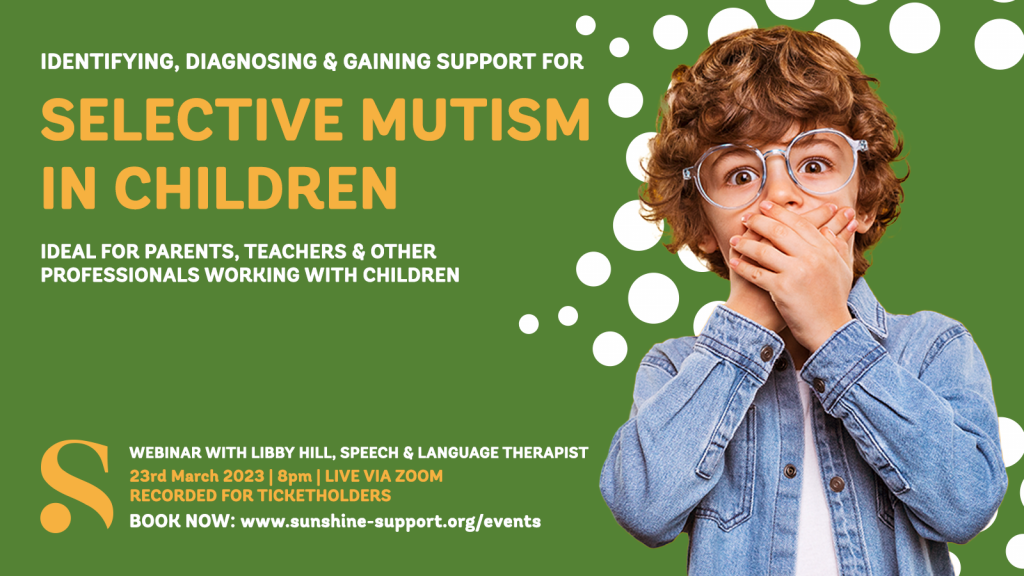There are so many terms used these days, it all gets a little bit confusing. I wouldn’t know where to begin with half of them but as a person with AD(H)D I know a fair amount about SpLDs (Specific Learning Difficulties as AD(H)D is classed as one.
Having a SpLD may seem like just another label to add to the already complicated world of diagnoses, but it does help when gaining the support you need to succeed. It is worth noting that it is an umbrella term, with different establishments having their own opinions on what constitutes a SpLD. For example, some Colleges do accept Anxiety and/or Depression as they impact your ability to learn.
The benefit of grouping these conditions together is that it makes it easier for people, parents, professionals to comprehend them all. They often overlap, say a person has ADHD but also has dyslexia; it’s common! So, by seeing them all as a whole we can better spread awareness and empower people.
In this day and age, every teacher is now a teacher of SEND, every employer is an employer of SEND. We have to take into account the needs of others so that they can thrive.

Specific Learning Difficulties
AD(H)D – Attention Deficit (Hyperactivity) Disorder/Difference
Dyslexia – Persistent difficulties with executive functioning
Dyspraxia – Persistent difficulties with co-ordination and executive functions
Dyscalculia – Persistent difficulties with comprehension of numbers and mathematics
Dysgraphia – Difficulties with fine motor skills, commonly handwriting
Anxiety – An often overwhelming feeling of worry and dread
Depression – A negative impact on how you feel and think
Sensory Processing Difficulties/differences – Difficulty in processing information through the senses
[DISCLAIMER. Some professionals/establishments have different opinions of what constitutes a SpLD]
How common are SpLDs?
It’s difficult to put an exact figure on it… However, what we do know is that the number of people assessed and diagnosed is rising each year.
From 2020 statistics I have put together this visual that shows an estimation of how many diagnosed people (children and adults) with SpLDs there are in the UK. However, we have to face the truth.. diagnostic services are limited, children learnt to mask their difficulties; there are many more neurodivergent people out there.

Why do we need to increase awareness?
It’s not just down to the amount of people with SpLDs that we need to increase awareness, it’s also down to the shared classroom trauma we share and the shame we are taught we feel.
From a young age we are taught to measure our worth on how well we perform in the classroom. We receive stickers and rewards when we “succeed”. We “succeed” when we having tidy handwriting or spell everything correctly. Although, for some children it’s nice to be celebrated in that way, for those who struggle with certain reward deeming tasks, it just teaches us to feel shame when we cannot easily do what others can do.
Shame is described by Brene Brown as “the most powerful master emotion. It’s the fear that we’re not good enough”. And there isn’t a better way it describe it. It begins in childhood and eats away at us into our teenage and adult years, holding us back because we just don’t believe we are good enough.
And, when that shame lingers we are at much higher risk of:
- High levels of anxiety
- Low Mood
- Depression
- Dissociation
- Unhealthy coping strategies
- Lack of motivation
- Feelings of having no purpose
- Generally poor mental health and well being
It’s worth noting that not all these things start in the classroom. It’s not about blaming anything or anyone, it’s about understanding the root of the problem so that we can comprehend it and learn how to sooth it.
On that note, if we take a look at this “School Trauma Cycle” we can further understand how cause takes affect and how we can break the cycle.

When we experience trauma continually over time it results in complex trauma. Trauma that it built up of layers of anxiety, shame, poor mental health.
When it comes to children, it’s not uncommon that we want to avoid the label of “trauma”. It feels heavy, almost too much to put on someone so young, but the reality is we all experience trauma (sometimes even cause trauma) and it’s nothing to be ashamed of.
Gabor Mate explains trauma as “a psychic wound that hardens you psychologically that then interferes with your ability to grow and develop. It pains you and now you’re acting out of pain. It induces fear and now you’re acting out of fear. Trauma is not what happens to you, it’s what happens inside you as a result of what happened to you’’.
And, from personal experience, it is the trauma we go through and the shame we carry that exacerbates the struggles we endure as neurodivergent people.
If we can progress to comprehend how an individuals experience is always unique, we can better our understanding of how and why even the smallest things can traumatise.
How can we support those with SpLDs?
There’s no quick fix and we can’t always get it right.
For teachers in classrooms there’s already so much pressure with workload and managing individual needs on top of caring/educating/supporting children and young people.
For parents there’s finding the time to maintain your own well-being whilst raising a family, working, surviving in these increasingly pressing times and so much more energy consuming aspects of life.
For children and young people it’s all just beginning… the navigation of a confusing and conflicting world, trying to decide what we want to do with our lives, making friends, losing friends, trying to discover who we are.
When we are all experiencing different things it’s so hard to have to take into account our needs as well as others. But, we have to do it, or at least try. We don’t only need to empower those with learning difficulties but we need to empower ourselves with the tools to do so.







